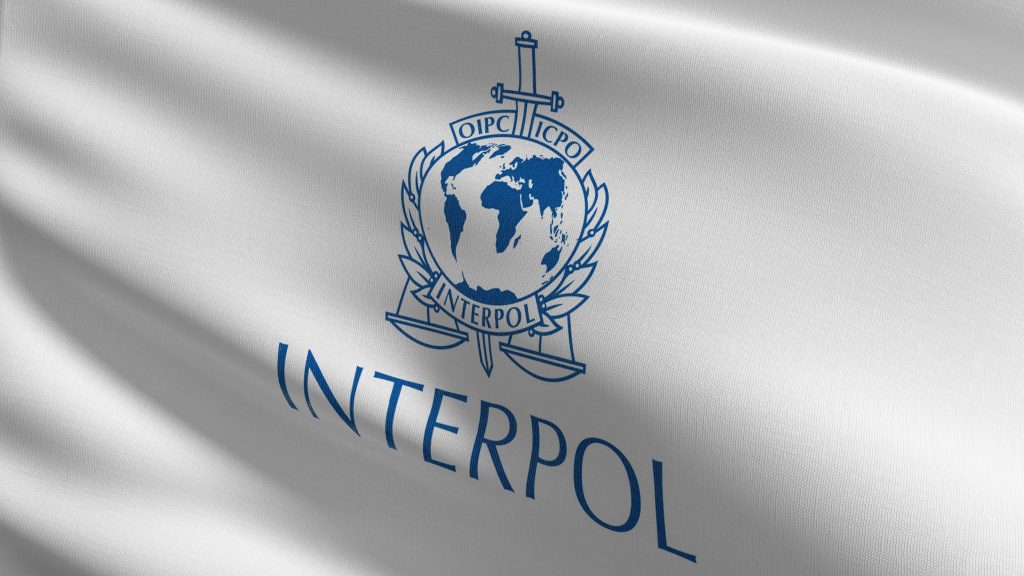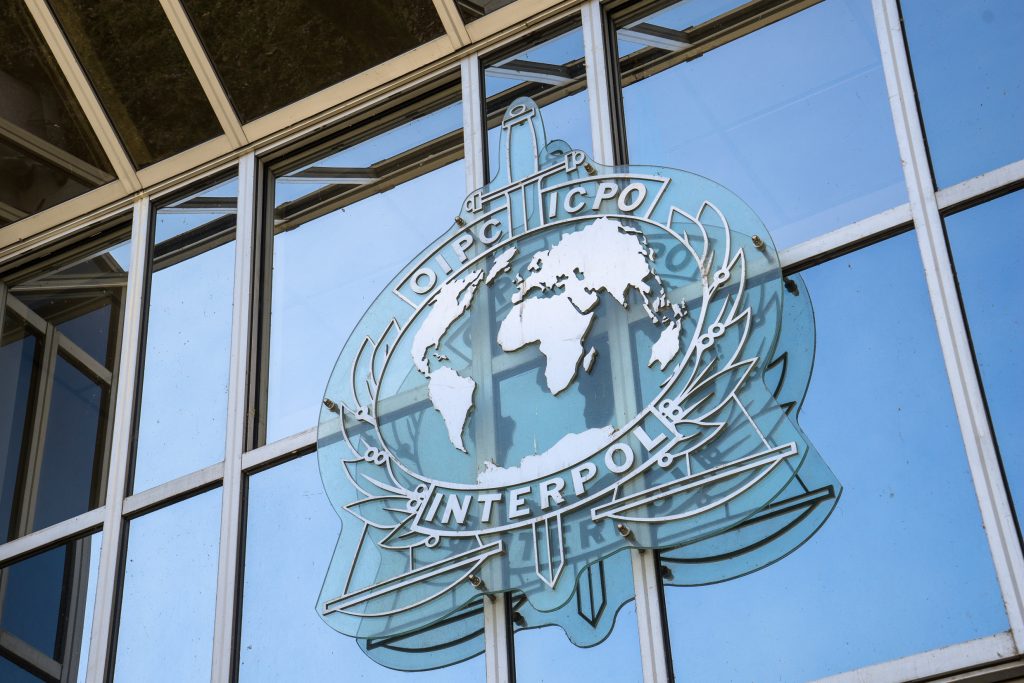INTERPOL has released the first four resolutions approved at the 2025 meeting in Marrakech, Morrocco of its General Assembly (GA), INTERPOL’s supreme body.
The first resolution, GA-2025-93-RES-01, concerns – as foreshadowed in my previous post — the “General Agreement on the Privileges and Immunities of ICPO-INTERPOL.”
The gist of RES-01 is that the GA “Adopts and opens for signature, ratification, and accession, the General Agreement on the Privileges and Immunities of the ICPO-INTERPOL appended to this Resolution” and “Calls upon all member countries to consider signing and ratifying the General Agreement as a matter of priority.”
The RES-01 is based on “an accompanying Report, which sets out an explanatory framework for the granting of such privileges and immunities to the ICPO-INTERPOL.” But as is too often the way with INTERPOL, the “accompanying Report” has not been made public and the “appended” General Agreement is not in fact appended.
This is a difficult approach to defend. By its very nature, the General Agreement will have to be made public by many INTERPOL member nations. It seems obtuse not to publish the General Agreement with the Resolution recommending its adoption. But all we know for now is that 117 nations voted for the Resolution, 2 opposed it, and 26 abstained.
As I commented in my previous post, it is difficult not to see the General Agreement as a symptom of INTERPOL’s wider concerns about its legal vulnerability – and it is equally difficult not to be concerned that adoption of the General Agreement will reduce INTERPOL’s desire to adopt reforms to decrease that vulnerability.
The second resolution, GA-2025-93-RES-02, concerns the “Silver Notice and Silver Diffusion Pilot,” which was also the subject of a press briefing held on November 25. This Resolution harkens as far back as 2015, which was when the GA first considered the creation of a Silver Notice, intended to assist in tracing the proceeds of criminal activity.
The pilot project published its first Silver Notice in January 2025, after the 2024 GA approved the project. The current Resolution notes the submission of a report on the Pilot project – the report has of course not been made public – and requires the Expert Working Group to submit the results of the Pilot to next year’s GA.
The press briefing added color to this Resolution. In it, INTERPOL noted that 51 countries were participating in the trial – more have expressed interest and will be invited to join in the coming weeks. So far, 133 Silver Notices and 35 Silver Diffusions have been published – the only substantial difference between the two being that Notices are addressed to all INTERPOL member countries, while Diffusions can be targeted to one or more member countries.
INTERPOL is not engaged in seizing or freezing assets – that is a bilateral matter after any assets are located. INTERPOL is aware of 1,800 responses from member nations – both positive and negative – to Silver Notices and Diffusions, though many responses are bilateral and are not routed through INTERPOL, so the response level is certainly a good deal higher.
In response to a question from the author, INTERPOL confirmed that Silver Diffusions are reviewed prior to transmission, and all Silver Notices and Diffusions are subject to a three-part review prior to publication assessing whether the requested Notice/Diffusion contains enough information to allow other INTERPOL member countries to act on it, whether it complies with INTERPOL’s rules (most notably Articles 2 and 3), and whether it meets the specific conditions set out for the pilot project.
The press briefing noted that the pilot project had received overwhelming support from the GA – and indeed, 127 nations supported it, none opposed it, and only 4 abstained. Given this enthusiasm, it is likely that the 2026 GA will support the creation of Silver Notices and Diffusions as regular parts of the INTERPOL system.
The third resolution, GA-2025-93-RES-03, “Supporting the ratification and implementation of the United Nations Convention against Cybercrime and promoting the role of INTERPOL,” is lengthy. It welcomes the adoption by the UN General Assembly of the United Nations Convention against Cybercrime, encourages member countries to ratify it, and welcomes (at considerable length) the “Convention’s recognition of INTERPOL tools and channels.”
Others will have to judge the merits of the UN Convention Against Cybercrime. But even apart from substantive considerations, INTERPOL clearly treasures its connection to the UN. INTERPOL is not part of the UN system – but the more it can claim to be sanctioned and recognized by the UN, the more it can claim to be an international organization akin to the UN, a claim with important legal consequences. It might therefore be appropriate to see RES-03, at least in one sense, as similar in inspiration to RES-01. If that is the case, it is a popular thought with the GA, as 134 nations backed RES-03, none opposed, and only 5 abstained.
The fourth resolution, GA-2025-93-RES-04, “The INTERPOL Regional Presence Strategy,” is again based on a report to the GA that has not been made public. The report “proposes the creation of new procedures and assessment criteria to be applied to all current and future proposals received by the General Secretariat for new Regional Bureaus” and the Resolution asks member nations desiring to establish new Regional Bureaus to consider implementation guidelines for these criteria to be developed by the General Secretariat.
It is interesting to speculate which nations are desirous of creating new Regional Bureaus. INTERPOL currently has six of these – one in Central America, one in South America, and four in Sub-Saharan Africa. Europe also has INTERPOL’s HQ in Lyon, and of course the EU member nations have Europol, while Asia has INTERPOL’s Global Complex for Innovation.
So while the demand for new Regional Bureaus might stem from Asia, it is more likely that it is coming from the Arab nations – which have long wanted to be their own region in INTERPOL, instead of being lumped in with Africa and Asia. Establishing a Regional Bureau in, for example, the Persian Gulf might be a way to advance this agenda, or a way to head it off. In any case, it would not be at all surprising if a new Regional Bureau ended up in the UAE. The GA backed RES-04 by a margin of 125 in favor, none opposed, and only 3 abstaining.
The possibility of new Regional Bureaus does raise interesting questions. Regional Bureaus have long been financial underperformers. While INTERPOL member nations pay an astonishingly high percentage of their dues – 97.88% in 2023 – the track record for Regional Bureau collection rates is not quite so good: in 2023, which was a relatively good year, the Regional Bureau collection rate was only 65.15%.
The amounts at stake are not large, and if a Regional Bureau does end up in the UAE, it seems safe to assume that its collection rate will be 100%. But it is interesting all the same that INTERPOL, and the GA, is so enthusiastically contemplating expanding the part of the organization that receives the least enthusiastic financial support from those involved in it.
So far, the matters the GA has considered do not appear to have been at all contentious, with only 2 nations opposing RES-01 and the remaining three resolutions sailing through without a single negative vote. That happy state of affairs is unlikely to continue when the GA elects the four new members of the Executive Committee, including a new INTERPOL President.
—
Image: ©Shutterstock

